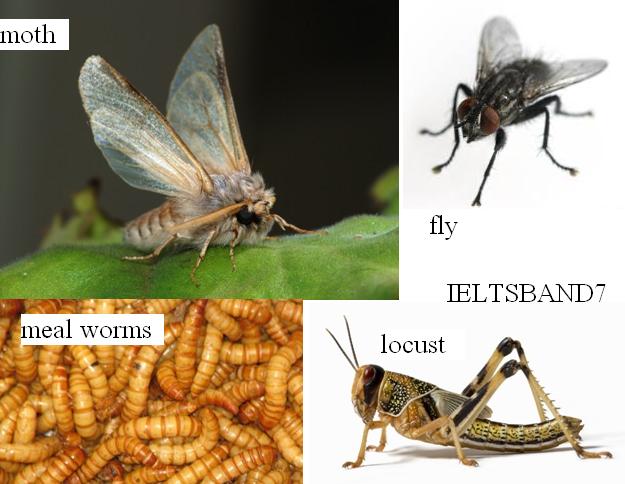Pesticides Are Dangerous # Practice Reading
Pesticides Are Dangerous
Source – http://articles.mercola.com/sites/articles/archive/2014/04/29/pesticide-exposure.aspx
More than one billion pounds ( the basic monetary unit of the United Kingdom )of pesticides (a chemical preparation for destroying plant, fungal, or animal pests) are used in the US each year, an amount that has quintupled (being five times as as much or as many)since 1945. This includes 20,000 products made from varying formulations (to create or prepare something carefully, giving particular attention to the details)of more than 1,000 chemicals, sprayed everywhere from farm fields and gardens to playgrounds and schools.
It should be revealing (giving your interesting information that you did not know before)that one commonly used type of pesticide, organophosphates (chemical containing carbon and phosphates), were first developed as nerve gas during World War II. They work by inhibiting (to prevent something from happening or make it happen more slowly or less frequently than normal)cholinesterase (an enzyme, found especially in the heart, brain, and blood, thathydrolyzes acetylcholine to acetic acid and choline), an enzyme that regulates a key messenger in your brain called acetylcholine.
In effect, these poisons disrupt the signals between neurons (a cell that carries information within the brain and between the brain and other parts of the body), an action that has been linked to neuro degenerative diseases (Neurodegenerative disease is an umbrella term for a range of conditions which primarily affect the neurons in the human brain)like Alzheimer’s disease (a serious disease, especially affecting older people, that prevents the brain from functioning normally and cause loss of memory, loss of ability to speak clearly etc)and Parkinson’s (a disease of the nervous system that gets worse over a period of time and causes the muscles to become weak and the arms and legs to shake)in humans. In children, there is increasing evidence (the facts, signs, or objects that make you believe that something is true)that these pesticides are especially damaging, not only at high exposure levels but also at low, chronic (lasting for a long time)levels to which millions are exposed (to show something that is usually hidden).

